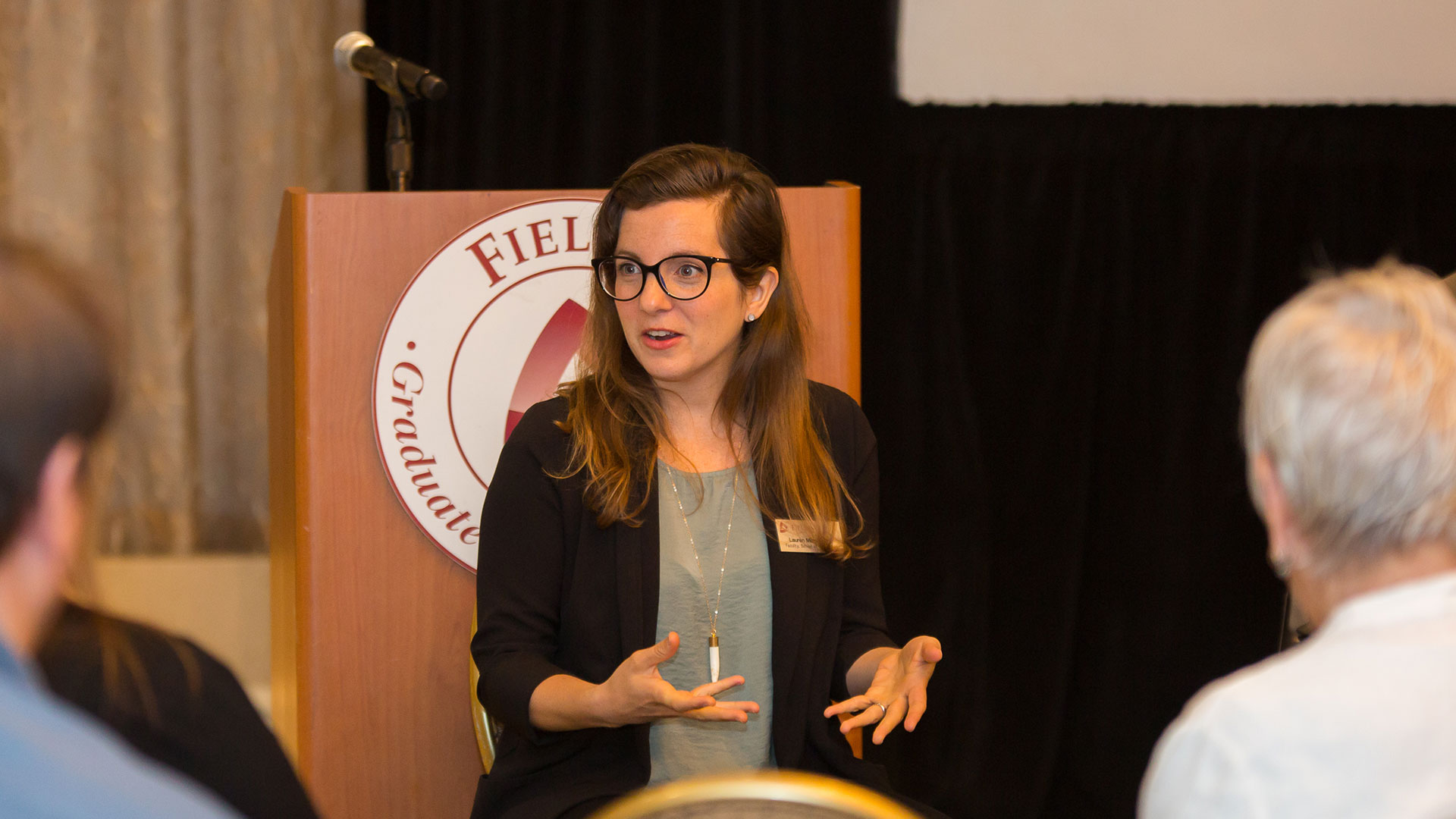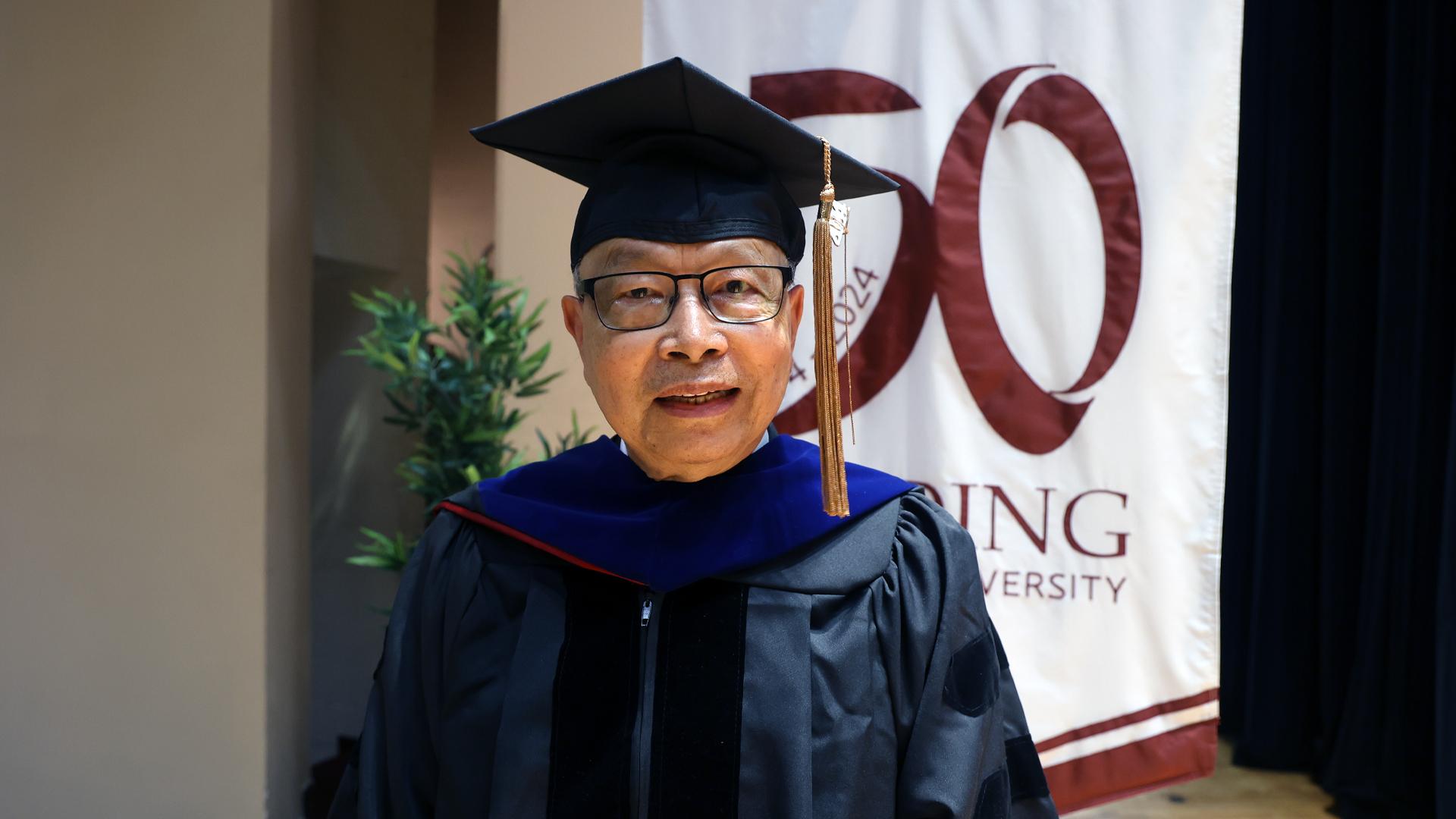Fielding is proud to join the nation in recognizing Asian American and Native Hawaiian/Pacific Islander (AAPI) Heritage Month. This is a time to acknowledge and celebrate those who make up the fastest growing racial or ethnic group in the United States. Their cultures, diverse stories and contributions, scholarship, and achievements have enriched the country’s culture and history—and our global Fielding community.
Let us be clear, we cannot celebrate heritage without acknowledging history. These achievements were not without struggle, and within that struggle came perseverance and hope. As a nation, we must honestly acknowledge and address the Chinese Exclusion Act of 1882 (the first race-based immigration exclusion law passed in the U.S.), anti-miscegenation laws in the Pacific Northwest, the 1893 coup against Queen Liliuokalani of Hawaii by American sugar planters, and Executive Order 9066 in 1942 which resulted in the forced internment of Japanese American citizens.
Recent escalations of anti-Asian violence in the context of the Covid-19 pandemic remind us that many of our historical anti-Asian narratives and tropes still manage to survive despite the many contributions of AAPI peoples to our nation, and that such acts serve as a reminder of the importance of Asian racial justice.
Often perceived as the “invisible minority,” it is important to address stereotypes regarding AAPI people as the “model minority,” somehow “foreign” or an “immigrant,” and somehow lacking in diversity. It is also essential to acknowledge and call out the fact that many Pacific Islanders, although categorized as AAPI, are calling for more solidarity with Indigenous communities and are increasingly asking for separate representation. Issues involving decolonization and Indigenous land rights, along with language/culture preservation need to be amplified as we consider the meaning of this month. Collectively the AAPI community is one of rich diversity that spans several continents and islands, a community with a diverse array of talents, and a community that has a long history of contributions to the United States and the world.
Let us take time to reflect on AAPI contributions by acknowledging individuals such as Chien-Sung Wu, a Chinese-American woman physicist who served on the Manhattan Project. Larry Itliong, Filipino-American farmworker activist, Mililani Trask, outspoken Native Hawaiian human rights advocate in the United Nations, and Senator Daniel K. Inouye, state senator of Hawaii and veteran who served in the U.S. Army 442nd Regimental Combat team composed of soldiers of Japanese descent.
In addition, many scholars contributed to advancing social justice through their own “scholactivism,” such as psychologist Derald Wing Sue, with his important research on microaggressions in everyday life, Derek Iwamoto on race-related stress in Asian Americans, transnational feminist Chandra Mohanty, and very proudly the contributions of former Fielding Graduate University faculty member Margo Okazawa-Rey, a founding member of the Black feminist Combahee River Collective and co-author of “A Black Feminist Statement.” Her work includes serving on the Afro-Asian Relations Council, East Asia-U.S. Women’s Network Against Militarism, and the Institute for Multiracial Justice, as well as the International Network of Women Against Militarism. She continues to contribute to social justice efforts in South Korea and with the Women’s Centre for Legal Aid and Counseling in Palestine.
As the Fielding community, let us come together in support of the AAPI community and speak up and against anti-Asian violence, bullying and scapegoating, and other acts of indignity. Let us also find new ways to honor and acknowledge the history, legacy, and contributions of the AAPI community that eliminate stereotypical tropes and embrace the richness, complexity, resilience, strength, and beauty of this beloved community.
As we move forward through May, below are some resources:
Asian American Psychological Association
National Queer Asian Pacific Islander Alliance
Additionally, a curated list of DEI Virtual events is also available:
Memory, Experience & Imagination in Works of Lao and Hmong American Authors
May 2, 2022 6:30PM-8:30PM EDT | Library of Congress
Zoom link here
Patsy Takemoto Mink, First Woman of Color In Congress
May 4, 2022 12:30PM-1:30PM EDT | Library of Congress
Contemporary Asian American Activism: Building Movement for Liberation
Sponsored by UCLA, UCSB, UCD Asian American Studies Department
Incarcerations, Displacements, and Transformations
May 6, 2022 12 Noon-1:00PM PDT
Zoom link here
Internationalism and Local Struggles
May 13, 2022 12 Noon-1:00 PM PDT
Zoom link here
Political Education and Radical Pedagogy
May 20,2022 12 Noon-1:00 PM PDT
Zoom link here
Session 4: On Movement Building: Shaped by the Past, Creating New Futures
May 27, 2022 12 Noon-1:00PM PDT
Zoom link here
In Spirit,
Allison Davis-White Eyes, Ph.D.
V.P. of Diversity, Equity, and Inclusion
Join Over 7,500 Fielding Alumni Located Around The World!
Change the world. Start with yours.™






Get Social